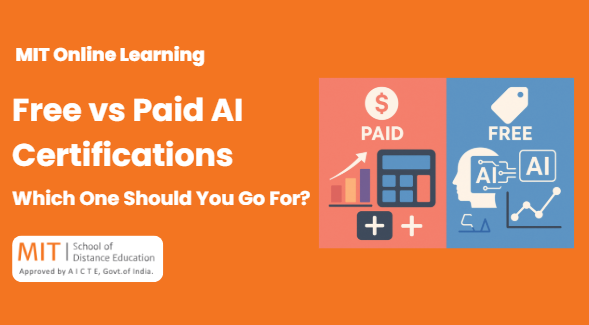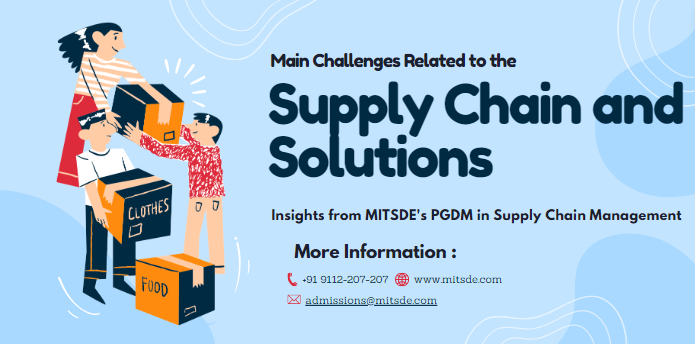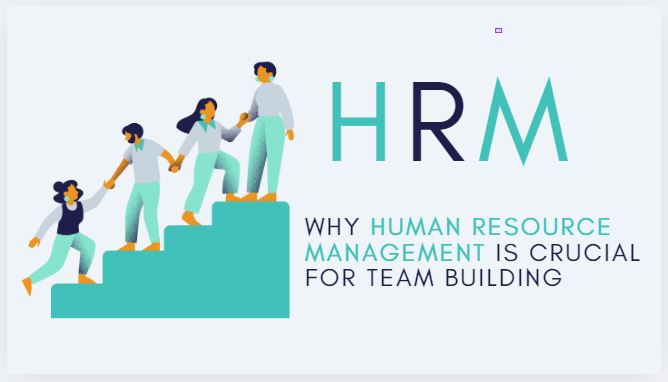
Introduction
The demand for artificial intelligence (AI) skills is skyrocketing across sectors like healthcare, finance, marketing, and manufacturing. As companies increasingly seek AI-savvy professionals, individuals are turning to AI courses online to upskill. But with so many options, ranging from free resources to premium university-backed programs, the dilemma of choosing between free and paid AI certifications is more relevant than ever. Your decision can shape your learning journey, career trajectory, and practical capabilities.
Learning Flexibility and Experience
Free Certifications:
Free AI courses usually offer self-paced learning with minimal structure. Ideal for beginners, these programs introduce concepts like machine learning or neural networks without financial risk. However, they often lack instructor support, peer interaction, and hands-on projects, which limits the depth of learning.
Paid Certifications:
Paid programs provide a more immersive experience. Structured schedules, instructor guidance, and interactive modules foster deeper understanding. Many also include peer discussions, assessments, and real-world case studies. This format suits learners who benefit from structure and accountability.
Technology and Skill Development
Free Options:
Most free AI certifications focus on theory and basic exercises. Practical exposure is limited, and learners often don’t get to work with real datasets or tools. These are useful for grasping foundational knowledge but may fall short in preparing learners for technical roles.
Paid Programs:
Paid certifications offer hands-on experience with tools like TensorFlow, Keras, or PyTorch. You get to build models, explore datasets, and work on industry-relevant projects. Many include simulations and capstone work, making them ideal for serious learners aiming to apply skills in real-world settings.
Cost and Affordability
Free Certifications:
Perfect for those on a tight budget or just testing the waters, free courses involve no financial commitment. You can explore multiple options before choosing a direction. However, they typically don’t offer mentorship, career coaching, or official accreditation, which can be valuable in job applications.
Paid Certifications:
Paid AI certifications require investment, but they offer additional benefits such as certification from reputed institutes, mentorship, career guidance, and sometimes job placement assistance. The benefits of paid AI courses include not only deeper learning but also structured support that aligns with career goals. The return on investment depends on how much value you place on guidance and credibility.
Career Prospects and Industry Recognition
Free Certificates:
Free certifications help showcase your interest in AI and self-learning drive. While helpful in supplementing your resume, they may not carry much weight when applying for technical roles, especially when competing with candidates holding accredited credentials.
Paid Certificates:
Paid certifications, particularly from platforms like Coursera, edX, or university partners, are more widely accepted by recruiters. These programs often include networking opportunities, job boards, or placement support. If you’re targeting a career switch or growth in AI roles, a recognised certificate can enhance your credibility.
Final Decision: Which One Should You Go For?
Ask yourself:
- What’s your goal? For casual learning or academic curiosity, free courses work well. For a career shift or job readiness, paid certifications offer stronger preparation.
- What’s your budget and time commitment? Free programs are low-risk and flexible. Paid ones require more commitment but deliver more value.
- Do you need guidance? If you prefer mentorship, peer interaction, and deadlines, a paid program suits you better.
Will the certificate boost your career? Paid programs from known institutes often open doors to interviews, projects, or job placements.
Conclusion
Both free and paid AI certifications have their place. The best AI in digital marketing course for beginners might be a free one that introduces key concepts. But as you get serious about applying skills or switching careers, investing in a paid certification can offer significant returns in learning, confidence, and credibility.




